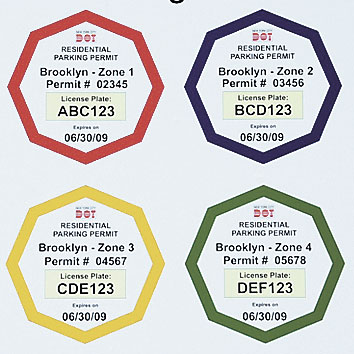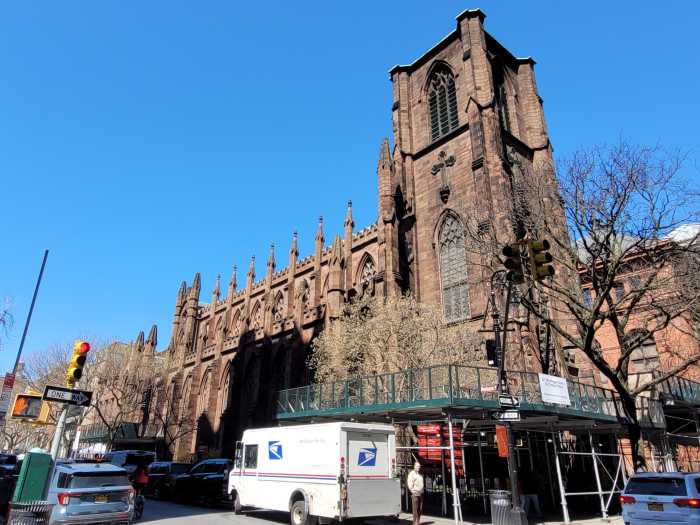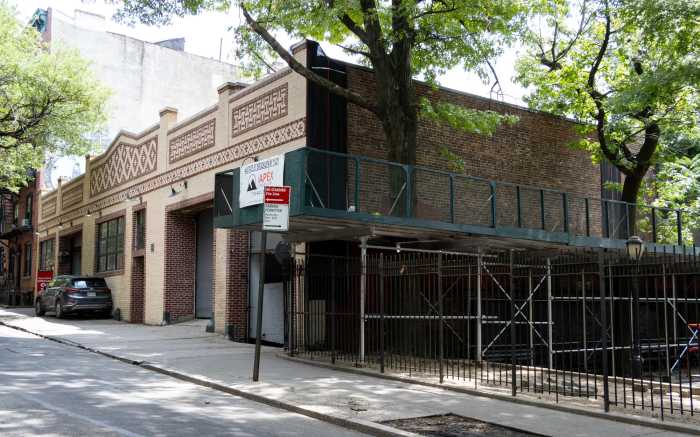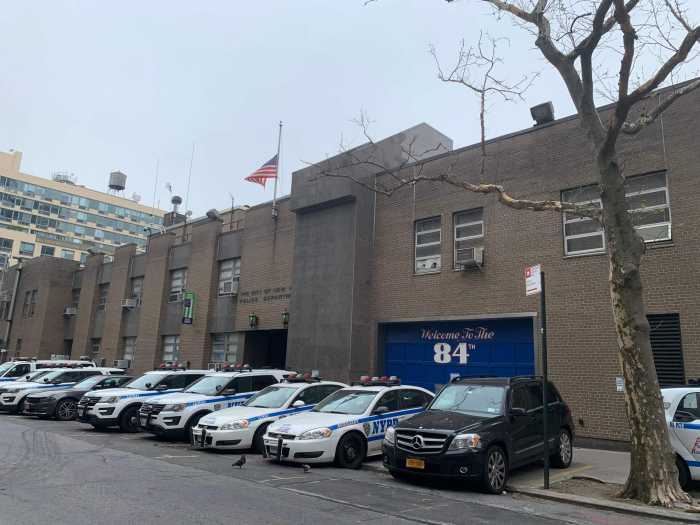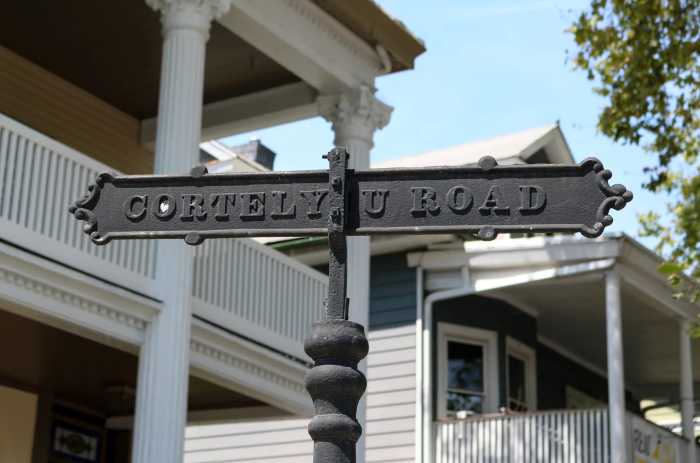State lawmakers from Brooklyn have drafted a bill that would forever change the way New Yorkers drive — and park — by forcing car owners to buy permits to legally park in the neighborhoods, but the Bloomberg Administration says the plan is dead on arrival.
The proposal, offered by state Sen. Daniel Squadron (D–Brooklyn Heights) and Assemblywoman Joan Millman (D–Carroll Gardens), would allow the city to sell the residential parking permits to motorists, but would keep commercial streets open for metered parking. The money raised from the permits would be transferred to the Metropolitan Transportation Authority to use on subway and bus improvements.
“We can accomplish two vital goals at once: reducing traffic congestion and funding mass transit,” said Squadron. “Residents will be able to park near their homes without circling endlessly for a space, and eight million New Yorkers will benefit from a new funding stream for subways and buses.”
Boston and Washington, DC have comparable programs. But here, free parking is as much of a birthright of being a New Yorker as good bagels and the best tap water. Still, the idea of pay-to-park system has been popular in many of Brooklyn’s most-congested neighborhoods, where easy access to mass transit has encouraged some Manhattan-bound commuters to “park and ride,” forcing residents of Brooklyn Heights and Boerum Hill to compete for spaces.
Data compiled over the last few years suggests some validity to residents’ concern. In 2007, a Transportation Alternatives study revealed that nearly half of the cars on Seventh Avenue in Park Slope at any one time are looking for parking. And a study commissioned in 2006 by the Downtown Brooklyn Partnership revealed that at any given time, Fort Greene has 1,759 cars trolling for 1,089 spots, while Boerum Hill has 1,996 cars looking for 1,769 spots.
That said, the residential parking permits would not guarantee a space, but would bar non–permit-holders from parking on some streets, reducing competition for the limited number of spaces.
Though the Squadron bill did not put a price on the permits, prior proposals have said that residents might be charged between $75- and $125-a-year for the placard.
Mayor Bloomberg would have delivered relief from this alleged vehicular plague last year as part of his congestion pricing plan. But that proposal failed, and the administration says it does not support implementing the permit system by itself.
“Any residential permit parking program should be part of a larger congestion reduction strategy, such as what was proposed alongside congestion pricing,” said Seth Solomonow, a spokesperson for the Department of Transportation. “Without such a plan, we don’t believe this bill will actually solve neighborhood parking problems.”
On a technical level, Squadron and Millman’s bill is a necessary first step towards parking permits, which would require state approval. The bill has the support of Councilman David Yassky (D–Brooklyn Heights), who has long sought residential permits.



